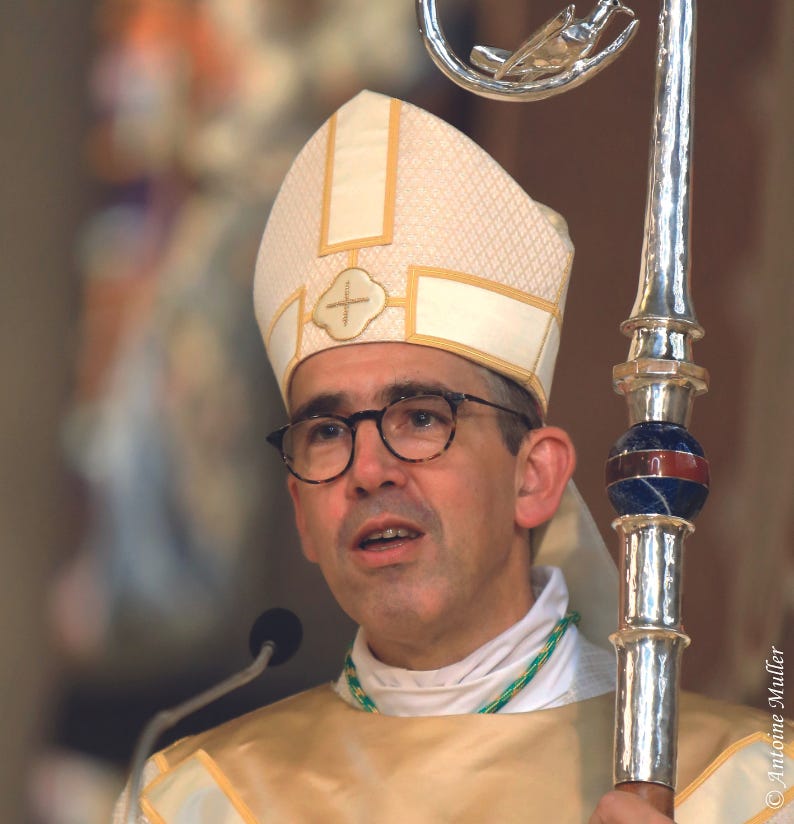Bishop Rougé: ‘The Church does not progress by revolution’
"We have to find new means to encounter people, to share our faith with them in a spirit of dialogue."
France is a contradiction: one of the most traditionally Catholic countries in the world, and one of the most secularized societies in Europe.
A barrage of progressive legislation has passed in the last few years, including making abortion a constitutional right—the first country in the world to do so. …

